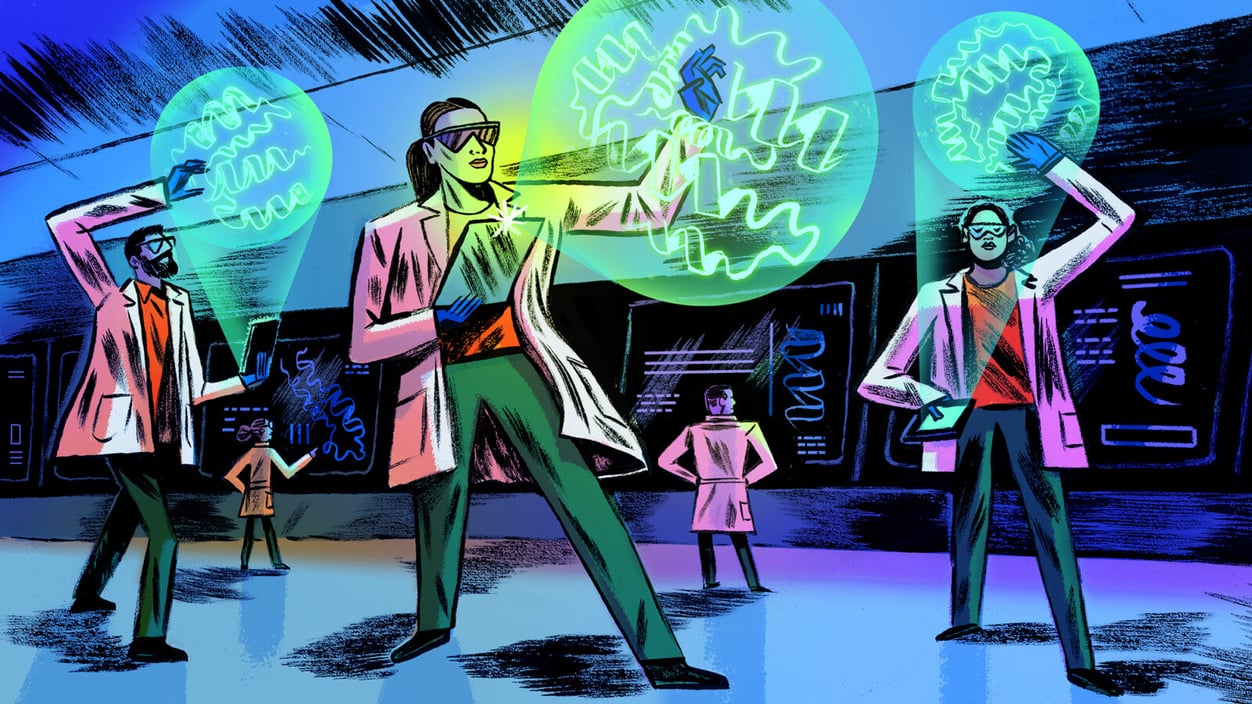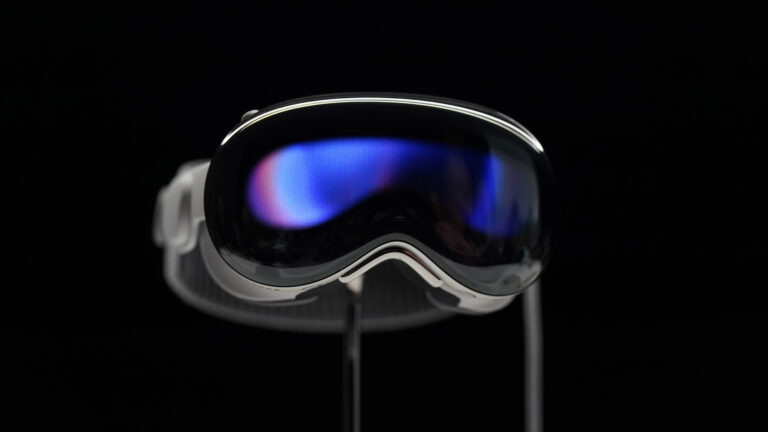Artificial intelligence
How AI is — and isn't — changing drug development

MIKE REDDY FOR STAT
Long hyped, the ability of artificial intelligence to help scientists — and drug companies — discover medical breakthroughs is now at a turning point. Or maybe that's just what another wave of hype would have you believe. If you've been overwhelmed by all the press announcement and multi-million dollar partnerships, you're in luck: STAT's Casey Ross spoke to academics and tech and pharma executives to put together a clear read on the topic, guaranteed to make you less confused.
My takeaway is that the use of AI for things like clinical trial design and identifying disease targets is much more advanced than I expected. And even in drug design, the progress feels real. But as Casey succinctly puts it: "there is simply not enough data to precisely map biological processes to make the development of therapies anything but a treacherous process with an uncertain outcome."
Read more here
Virtual reality
What's Vision Pro's health care potential?
 JEFF CHIU/AP
JEFF CHIU/AP
Over the last few weeks, I spoke to a number of companies who for years have been developing virtual and augmented reality applications for health care about Apple Vision Pro, the company's hyped new headset. In a new story, I write that developers are very impressed by the technology that Apple developed. Still, while they were interested in exploring the possibilities with Vision Pro, they weren't likely to dive into using the product in their businesses, which often rely on the much cheaper Quest headsets from Meta.
Among the things I'm interested in following is whether Apple will open up what appears to be cutting edge eye-tracking technology to developers. Sophisticated eye-tracking in a headset could enable assessment of neurological, ophthalmological, or behavioral health conditions and could allow developers to make medical treatments that change based on a users' physiological response. Right now, Apple has locked down the eye-tracking tech for privacy reasons.
Read more here
Digital therapeutics Wounded by critical Health Affairs paper, DTx industry strikes back
In November, a team of researchers published an analysis of the studies supporting a number of digital therapeutics in Health Affairs. They found that a large percentage of those studies did not report race and ethnicity of participants and overall that the evidence lacked rigor. (STAT's Deborah Balthazar wrote about it here.) They argued that stronger evidence would help decisions about use and insurance coverage easier.
Such an analysis in a top journal is a nightmare for the DTx industry which has been struggling for a foothold with payers, who are skeptical of anything new, and in Washington, where advocates hope to pass legislation that would enable Medicare coverage for the software-based medical treatments.
So the Digital Therapeutics Alliance, the industry's leading advocacy group, this week issued multi-point rebuttal on its website. DTA says that it's wrong for the researchers to claim that DTx companies should simply run larger more rigorous trials when many are small companies with limited resources. DTA notes that problems with inclusivity in clinical studies are not unique to digital therapeutics companies. DTA also highlights other issues like considerations around study blinding and whether developers are conducting long-term follow up on their trials.


No comments